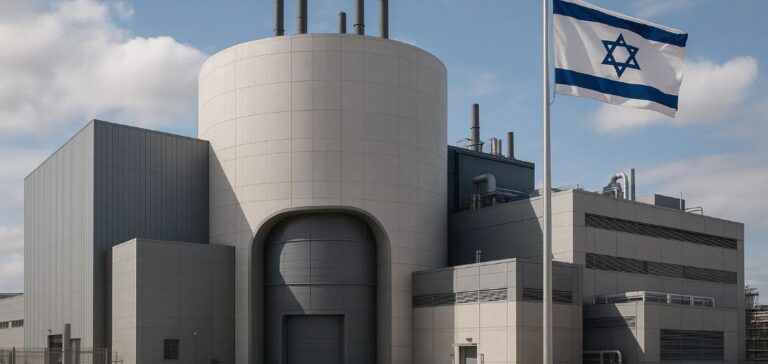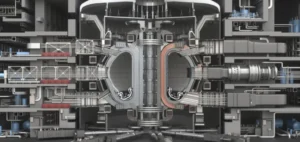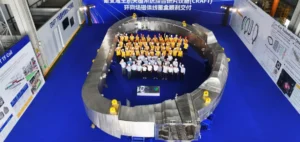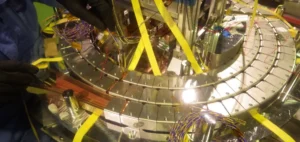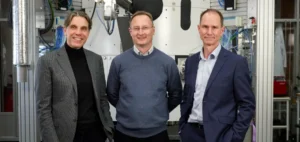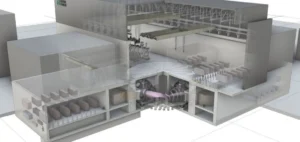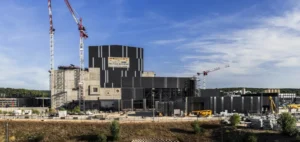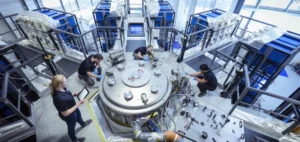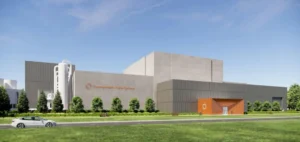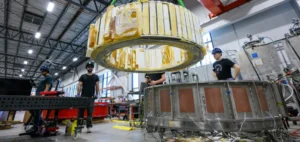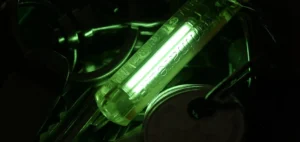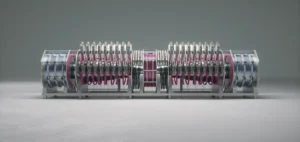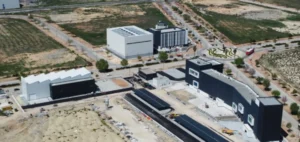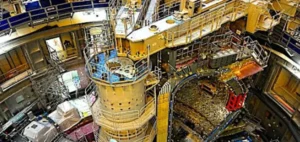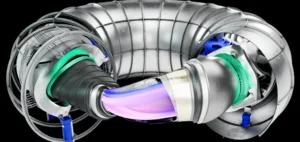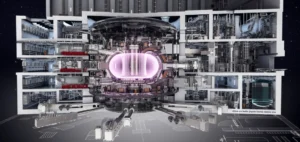Israel has taken a new step in its energy positioning with the launch of the first Israel Fusion Forum, an initiative led by the company nT-Tao at the Peres Center for Peace and Innovation. The event aims to lay the foundation for a comprehensive ecosystem around fusion energy by bringing together public, academic and private stakeholders. The initiative comes at a time when fusion is on track to become a multi-trillion-dollar global market.
The forum brought together representatives from the Ministry of Energy, the Ministry of Environmental Protection, the Israel Export Institute and the Israel Innovation Authority. The stated goal is to support the commercialisation of fusion through a competitive industry, appropriate policies and a structured flow of capital. Rear Admiral (res.) Oded Gour-Lavie, co-founder and Chief Executive Officer of nT-Tao, stated: “Fusion energy is no longer just a scientific pursuit, it’s an engineering race with global economic and geopolitical stakes.”
Public-private coordination to structure the sector
More than 50 startups worldwide are currently working on fusion systems, accompanied by the emergence of a support industry. The forum aims to enable Israel to integrate into this global momentum by leveraging its local technological ecosystem. The country’s role could thus evolve from scientific contributor to industrial actor in the sector.
Dr. Ahmed Diallo, Head of Fusion at the Advanced Research Projects Agency–Energy (ARPA-E) of the U.S. Department of Energy, explained that public authorities such as those behind the ITER programme are aiming for results by 2050, while private companies are targeting milestones as early as 2040. “The playing field is wide open for those ready to turn audacious science into practical, abundant power,” he added.
A national platform to capture global value chains
The Israel Fusion Forum is designed as a strategic lever to connect Israeli companies to the global fusion supply chain. Its priorities include supporting startups, developing specialised talent, creating jobs and expanding applied research. The initiative is part of a coordinated effort to make fusion a national priority, through an integrated approach that encompasses technological innovation, training and regulation.
With private investments estimated in the tens of billions of dollars globally, fusion is now attracting growing interest from policymakers and industrial stakeholders. The Israeli initiative marks a strategic position in a global energy race that remains open.


